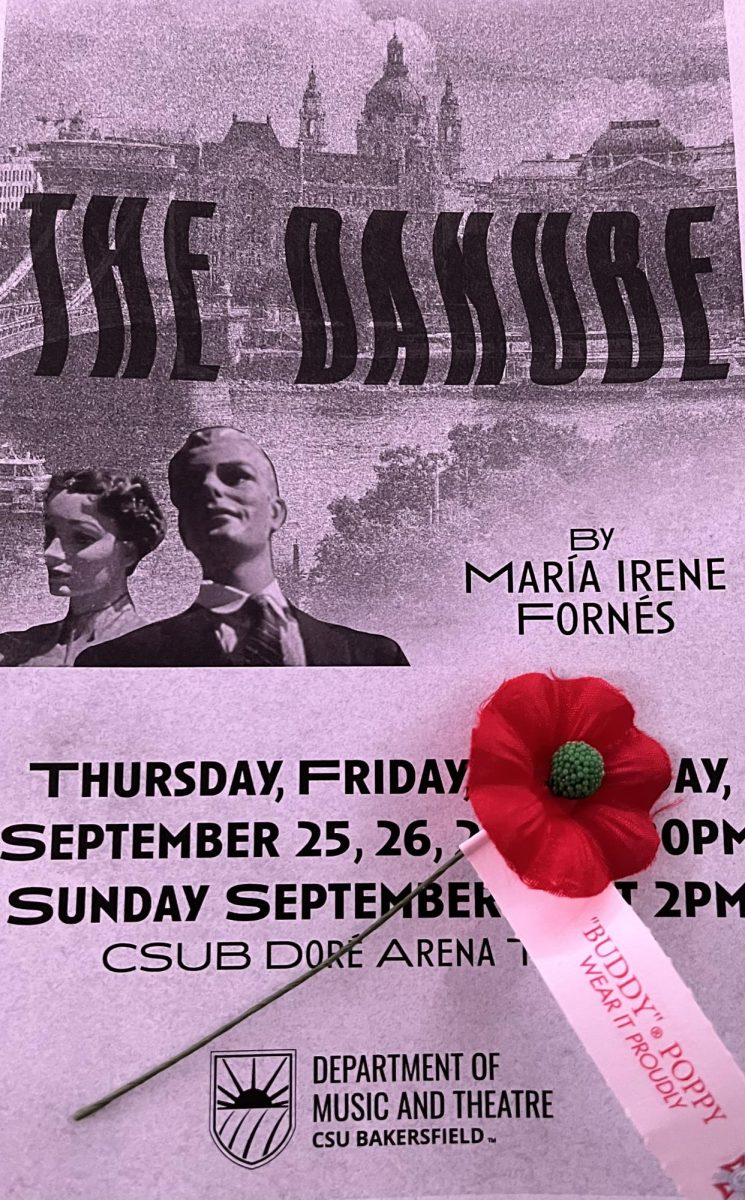
By Richard Garibay
Staff Writer
I recently watched “Hairspray” as produced by our very own Theater department and I have to say, even though I don’t like the musical, I enjoyed this production.
The musical follows early 1960’s teenager Tracy Turnblad (Norma Camorlinga) as she struggles with a superficial world that judges people on the color of their skin along with the size of their waist. When she gets the opportunity to become a dancer on her favorite music program she is told by her mother, Edna (Miguel Torres), that she shouldn’t audition because of her weight. Tracy auditions, becomes a dancer, and soon realizes the struggles African Americans must face.
First, it’s worth noting the sheer amount of work the show’s participants had to go through. For actors specifically, they not only had to act well, they also had to be able to sing and dance. Because of the triple talent requirement, the actor’s had to spend hours upon hours rehearsing.
“We had two months to rush and put it all together. It was basically Monday through Thursday, three hours, from 7 p.m. to 10 p.m. rehearsals,” said Jessica Brown, a 23-year-old junior engineering major.

Zachary Gonzalez, a junior communications major, applies make-up for his character Wilbur.
These three hour rehearsals were very trying, as well.
“We’d normally go in warm up for a little while and then start learning the dance. The choreographer, Marilyn, would give us a big chunk of choreography, we’d go through it, stage it, and then later we’d add most of the songs,” said 19-year-old freshman and petroleum engineering major, Courtney Wahlstrom.
Even more interesting is the unique challenge the production faced as a whole.
“Hairspray” is a musical that depends heavily on an actor’s race, being a work about civil rights. Traditionally, only African American and Caucasian actors are needed to fill the very specific character requirements and the department did not have enough African American male actors to fill the roles. How did CSUB’s Theater department overcome this obstacle?

From left to right, Robert Corona played Link Larkin and Norma Camorlinga played Tracy Turnblad.
“CSUB is really diverse so we also had Hispanic actors. They were either black or white depending on the role,” said Brown.
I loved how the department handled this issue. They could’ve used the lack of appropriate actors as an excuse not to perform the musical, but they didn’t. They found a way around the obstacle and made the production more inclusive in the process. This is what Hairspray tries to teach its audience, everyone should be included no matter what they look like.
The main reason I found this production so enjoyable was the passion I could see in it. From the meticulously designed set that made me see the sixties and enhanced the spectacle, costumes that transformed the actors, and choreography to the wonderful music, brought to life by student musicians, everyone seemed so dedicated to what they were doing. This passion and dedication translated very well to the average audience member like me.
Hairspray will be playing May 30 and 31 at 8 p.m. and June 1 at 2 p.m.

Cast members of Hairspray get prepare for the show.













